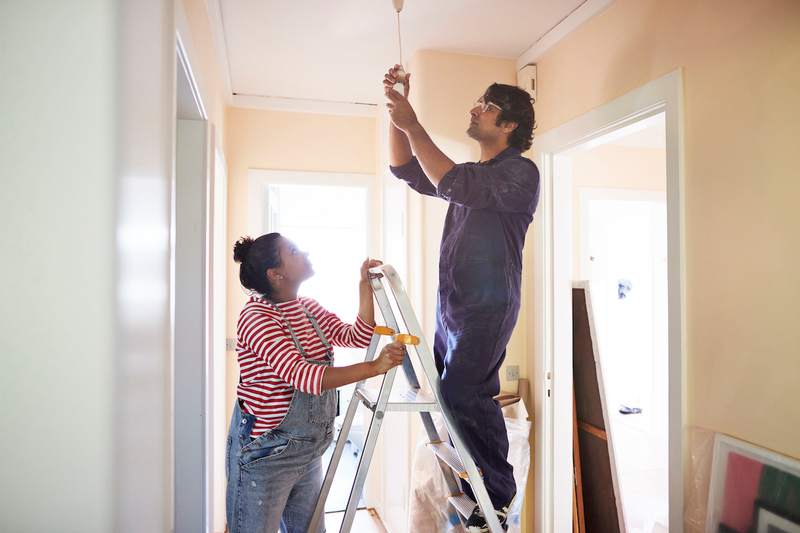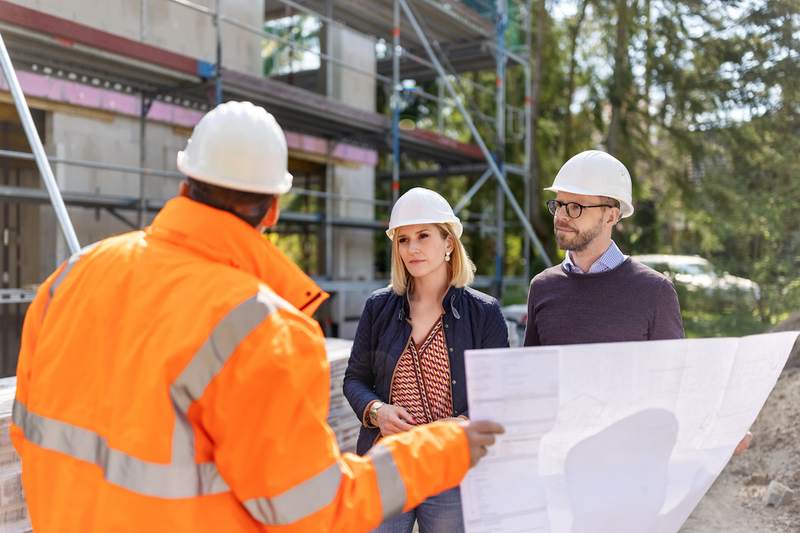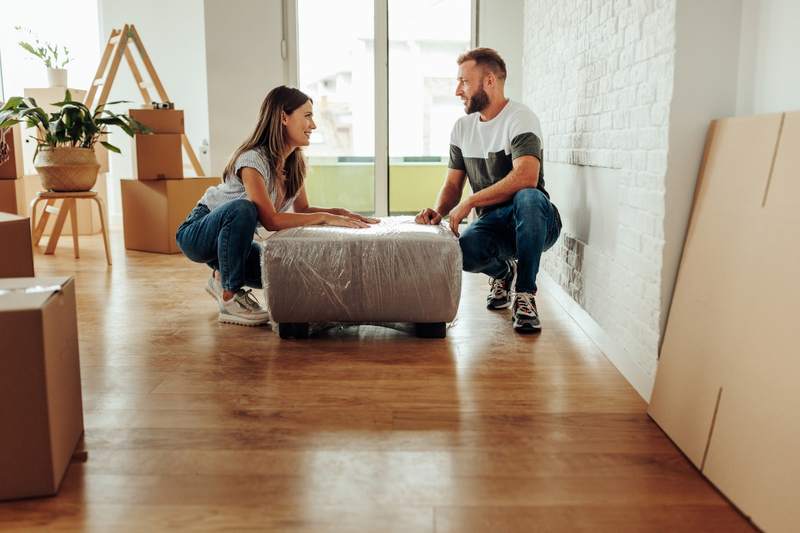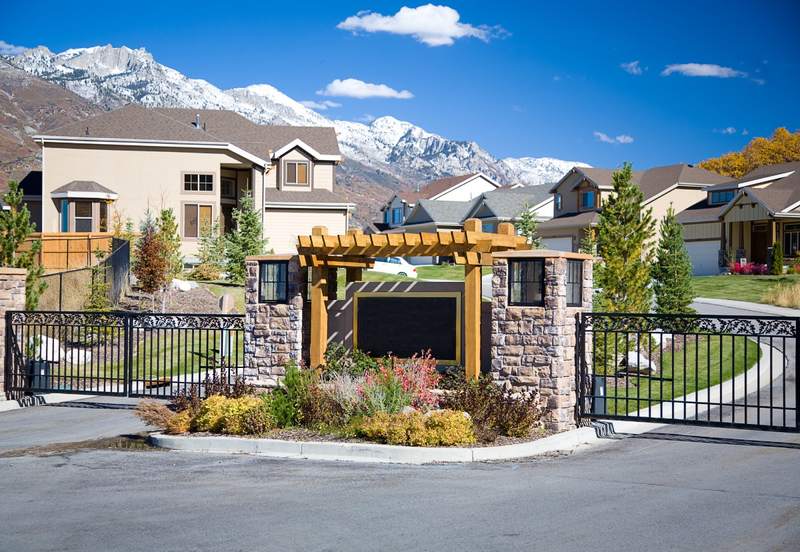
Home equity benefits homeowners in a number of useful ways.
If you have a conventional loan, you can stop paying for private mortgage insurance once your equity grows past 20% of the home’s value. You also can use your equity to fund home improvements, consolidate debts, or pay other major expenses. And if you sell your home, your equity is converted to the profit you’ll make after paying off any remaining mortgage balances.
Here are some ways to build equity in your home.
1. Make a Bigger Down Payment
Your down payment represents the equity you start off with. A 20% down payment immediately gives you 20% equity. Having equity from the start can protect you from owing more than your home is worth if your property value decreases.
2. Pay Down Your Mortgage
The simplest way to build equity is to pay your mortgage. Each monthly payment chips away at your mortgage balance, and as your balance decreases, your equity increases. Most of your monthly payment early on pays interest, but more of each payment goes toward the principal over time. The longer you own the home, the more equity you will have.
3. Make Biweekly Payments
If you switch from a monthly payment to paying half that amount every other week, then you’ll end up making 26 half payments in a year. That equals 13 monthly payments. Doing this can help you pay off your mortgage early and save you money on interest.
4. Make Extra Payments
No matter how often you make regular payments, you always can pay extra toward the principal when you’re able to afford it. If you get a bonus or receive a gift, or if there’s a sudden windfall from an inheritance, paying more toward your principal will build equity and save you money in overall interest.
5. Earmark a Partner’s Salary for the Mortgage
If you’re a dual-income couple, you could allocate part or all of one partner’s income to paying your mortgage. This might not be possible for all couples, but if you can afford it, then paying more than the minimum monthly payment will build your equity that much faster. Alternatively, if one of you gets a raise or promotion, you could commit the difference to paying down your principal.
6. Forced Savings
Think of your mortgage as a forced savings account. Unlike optional savings, you’re committed to making those payments each month. Instead of putting that cash in the bank, you’re putting it into your home and building your equity in the process.
7. Your Home’s Value Increases
Homes generally appreciate over time, increasing your equity. If the housing market gets hot, your home value — and equity — could increase quickly. You can’t control this aspect of the market, but you can help protect your investment by, for example, buying in a neighborhood with a history of rising values.
8. Make Home Improvements
One common reason why people refinance is to pay for home renovations and upgrades. Many home improvements also can help increase the value of your home. Refinancing can be a cost-efficient way to pay for upgrades, since interest rates on home loans are usually much lower than for unsecured loans such as credit cards.
9. Refinance To a Shorter Loan Term
Another way to build equity faster is to refinance to a loan with a shorter repayment schedule — like from a 30-year loan to a 15-year loan. You’ll repay the loan and build equity more quickly, but you also likely will have a higher monthly payment. This could be a good option if you’re earning more money than when you first bought your home.
FAQ: Building Home Equity
Here are answers to some frequently asked questions about building equity in a home.











